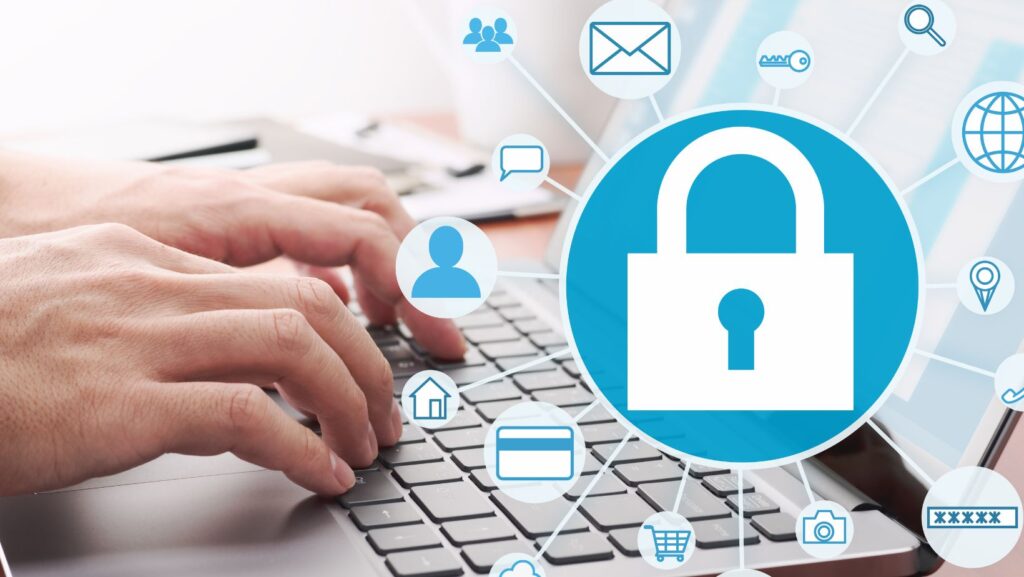Our everyday life has been made easy and very effective by the way technology seamlessly fits in. However, one may stop to think about the price tag tagged alongside this comfort? Every touch, swipe, and click may violate our individual space. This article explores the impact of technology on our privacy rights and offers some advice on what one can do to stay safe.
The Double-Edged Sword of Technology
Technology provides us with incredible tools to stay connected, informed, and entertained. However, this connectivity comes at a price. Personal information is often shared, stored, and sometimes exploited without our consent. For instance, what to do if your iPhone has been hacked becomes a pressing question when you realize that your private data might be at risk. Ensuring your devices are secure is more crucial than ever in this digital age.
Data Collection and Surveillance
The huge amount of data collected by different bodies remains a worrisome issue. These days, social media platforms, search engines, and applications track massive amounts of information concerning one’s behavior, preference, or location that leads to personalized ads but also privacy violations. It is now commonplace for companies to keep an eye on what we do on the internet, and from this, they make profiles that are very disconcerting.
In addition, there is increased state monitoring. Most governments argue that they monitor their citizens in order to enhance the security of the country, although; this practice raises serious moral concerns. What level of security shall we trade our privacy for?
Protecting Personal Privacy
There are ways to protect your personal privacy, although it may appear difficult. One way is to be careful about what one shares on the internet. Don’t publish confidential data that could harm you in any way if it is found in the wrong hands, for example, data like where you live, your cell number, or financial information. It would be wise enough to ensure that you have an added security feature other than passwords alone or with passwords only, which should make it difficult for any unauthorized persons to get into your system and collect sensitive information from there.

Moreover, it is advisable that you employ password generators to manufacture and store safe passwords that are complex and do not resemble each other for all accounts. As for mobiles, ensure that your software is up to date since most updates come with crucial security patches. If there is any suspicion of abnormal activities, one should understand how to prevent further breaches in case his or her iPhone gets hacked. Moreover, it would be best if you also used encrypted communication apps alongside VPNs to secure your data from third parties who may be snooping on you so that your online activities would stay confidential.
The Role of Legislation
Privacy concerns are being dealt with by governments and regulatory bodies through legislation. For instance, in Europe, there are very strict laws about personal data under the General Data Protection Regulation (GDPR), which ensures that individuals’ information should be openly collected and processed by companies only when they have given their explicit consent. Such statutes target giving people enhanced control of their information, with a threat of imposing heavy fines on non-compliant businesses and thus creating a formidable barrier to data abuse. However, legislation is often playing catch-up with technology, as the rapid pace of technological advancements continuously introduces new privacy challenges.
Therefore, it is important that you know what rights you have and how you can protect your privacy. Knowledge of existing legislation and the promotion of increased privacy rights can be instrumental in upholding the security of personal data, ensuring that companies take responsibility for protecting user information.
Balancing Convenience and Privacy
Striking a balance between the ease brought about by technology and safeguarding individual privacy remains an unending fight. With each introduction of new technology and applications, there are promises that they will improve our lives and make us closer than before. Although it appears appealing to adopt every new application or apparatus, this document emphasizes some of the reasons why you should be careful and think about your privacy with such devices.

Most applications ask for personal data that does not seem important for their operation; therefore, one should be very careful while giving out this kind of information (permissions). Knowing what one has given and taken in exchange enables them to make the right decision, and this way, they will be able to enjoy technology, which is meant to enhance but not at the expense of their privacy.
For example, one may turn off location services for specific applications or allow data sharing only with important service providers. Choosing to use certain technologies and keeping track of privacy settings can help you keep your information under control and prevent data from being leaked out or stolen. Through such a cautious approach, one can capitalize on technological progress while ensuring that his or her privacy rights are protected.
Conclusion
Although technology has transformed our lives, it has come with serious threats to the privacy of individuals. Protecting your personal data and staying safe in the virtual universe is possible if you take the initiative to learn and keep updated. It is important to remember that being watchful and taking appropriate measures are crucial factors that will help protect your privacy in a modern technological society.


